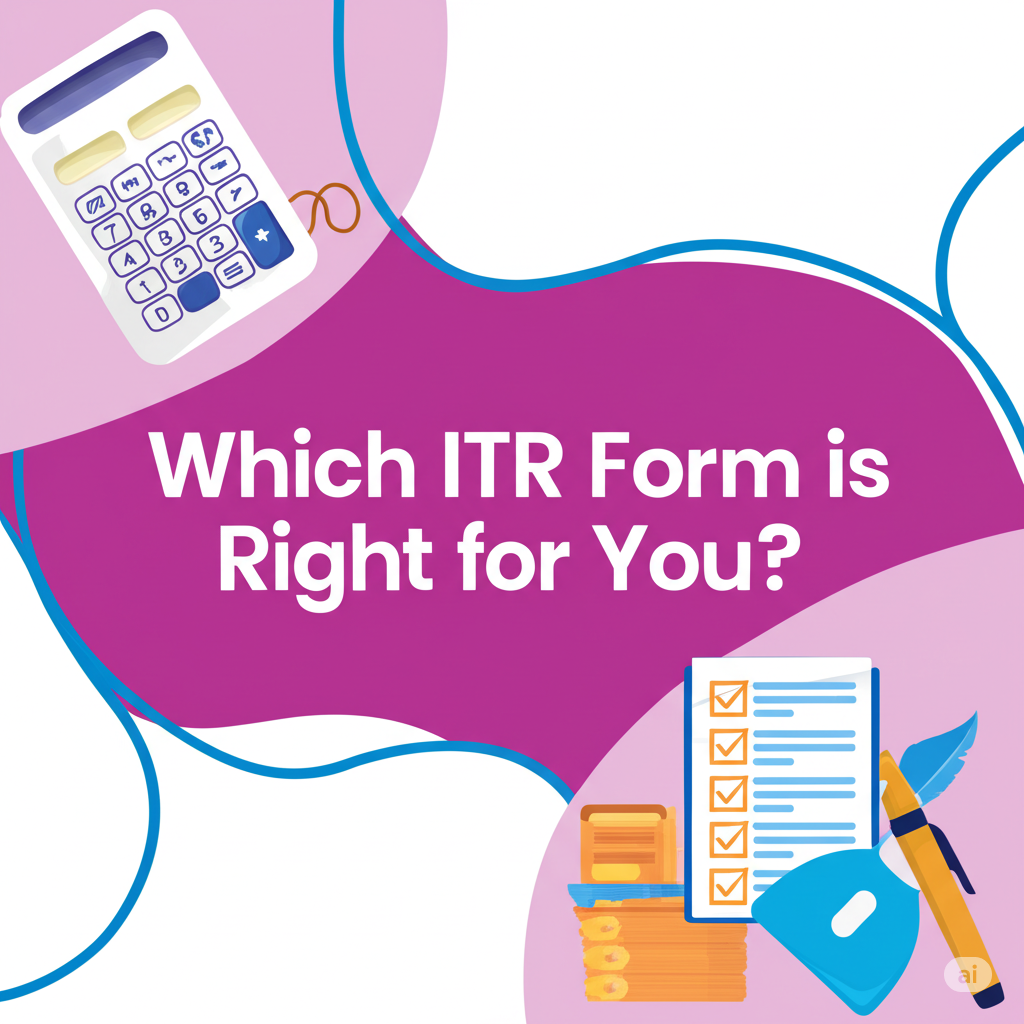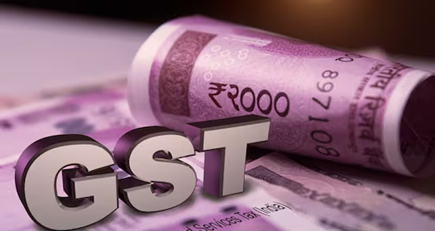Taxation of Cryptocurrency & Virtual Digital Assets (VDAs) in India: What You Need to Know

With the rising popularity of crypto, it’s essential to stay updated on how gains from Virtual Digital Assets (VDAs) are taxed under the Income Tax Act in India.
🔖 Here’s a quick breakdown:
🖊️ Classification: Crypto assets and other digital assets are classified as Virtual Digital Assets (VDAs).
🖊️ Taxation: Gains from the sale or transfer of VDAs are taxed at a flat 30% under Section 115BBH, with no deductions (except cost of acquisition of same VDA).
📌 Note: Even a loss on sale of one VDA (e.g., Crypto A) cannot be set off against profit on another VDA (e.g., Crypto B).
💰 Taxable Events include:
• Converting crypto to INR or other fiat
• Trading one crypto for another
• Using crypto for purchases or payments
💼 If you receive crypto as salary or business income, it's taxed under regular income slabs.
But any future gains from sale/transfer are taxed at 30%.
💷 1% TDS is applicable on VDA transfers under Section 194S, which can be adjusted against your total tax liability.
⚠️ Important Scenario:
Let’s say you sell crypto worth ₹1,00,000, originally purchased for ₹99,900. You may think it’s immaterial to report.
However, income from VDAs is reported under a special head - Income from VDA in Other Sources" head.
If there's TDS on VDA sale but no matching income reported, the IT Department may flag a profile mismatch — taxpayers have received notices even for non-reporting of losses.
🎯 Special Cases:
• Airdrops (Gifts) > ₹50,000 → Taxed at 30%
• Mining Income → Treated as Business Income
• NFTs → Considered VDAs and taxed at 30%
🚨 Non-compliance can lead to Penalties
Proper reporting is not optional — it's critical.
✅ Stay compliant, stay ahead.
Ensure accurate disclosure in your ITR.
🚀 Let’s simplify crypto taxation and maximize your returns !





